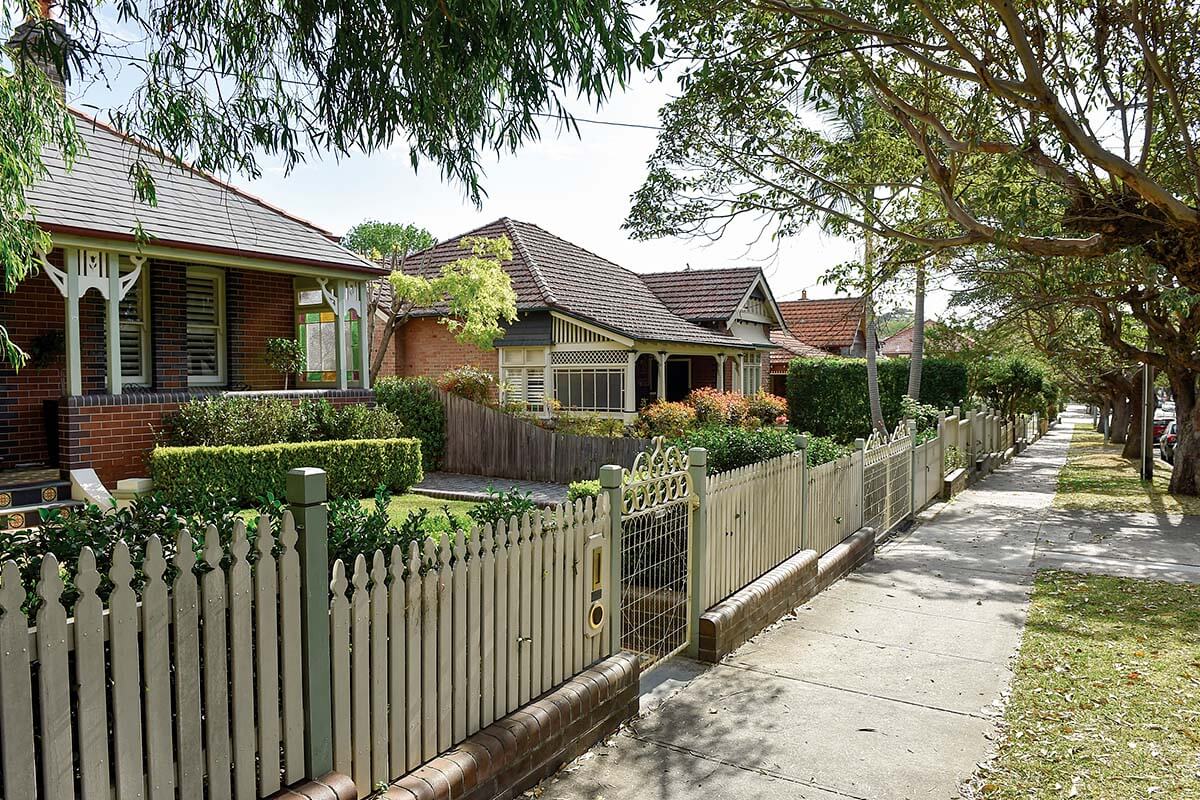Fast-tracking homes and jobs across NSW
The NSW Government's State Significant Rezoning Policy streamlines how large-scale rezonings that deliver housing, jobs and infrastructure are assessed. It fast-tracks proposals that are strategically important, complex, or delayed and ensures they are assessed through a transparent, coordinated process.
The policy helps:
- unlock land for development
- coordinate infrastructure earlier
- reduce delays in the system
- ensure proposals are assessed thoroughly and fairly
- support the NSW Government's target to deliver 377,000 well-located homes by 2029.
Two state rezoning pathways
The policy provides 2 streamlined options to progress rezonings:
- State-led rezonings: large-scale areas or precincts with strategic imperative or complexities.
- State-assessed rezoning proposals: sites of state planning significance, or proposals that have been delayed in the planning system.
These pathways ensure faster, more coordinated planning decisions and reduce rezoning timeframes by up to 200 working days.
Proponents should continue to lodge their proposals through the standard council-led process under the Local Environmental Plan (LEP) Guidelines (PDF, 4.7 MB). There is no avenue for proponents to apply for sites to be assessed under the policy.
State significant rezoning projects
- Bellambi Estate
- Beverly Hills Town Centre
- Burwood North
- Chatswood Dive Site
- East Tamworth
- Eden Estates, Wallsend
- Flide Street, Caringbah
- Former Wallerawang Power Station
- Garden Suburb
- Glenfield West
- Gosford City Centre
- Kiama Depot
- Mandalay Precinct
- Nowra Riverfront Precinct
- Port Kembla Land Transformation Project
- Shellharbour City Centre
- Shellharbour Hospital Precinct
- Springfield Road, Catherine Fields
- Sydney Markets
- Tallawong Town Centre
- Warwick Farm
- Waterloo Estate (South)
- WestConnex Dive Site, Camperdown
- Western Sydney University, Werrington
- Westmead South
- Yiribana West
- Sydney Fish Market site, Blackwattle Bay
- Bunnerong Road, Kingsford
- Central Place Sydney
- Coffs Harbour Jetty Foreshore
- Fitzwilliam St, Parramatta
- Kurnell Peninsula
- Leppington Town Centre
- Macarthur Gardens North
- Marsden Park North
- Moore Point
- Parramatta Road Urban Transformation Strategy
- Redmond Place Precinct, Orange
- Riverstone Town Centre
- Tuggerah Gateway Site
- West Schofields
- Western Sydney Lakes
How state significant projects are identified and assessed
The Department is solely responsible for identifying sites that are eligible to be assessed under the policy.
Proponents should continue to lodge their proposals through the standard council-led process under the Local Environmental Plan (LEP) Guidelines. There is no avenue for proponents to apply for sites to be assessed under the policy.
The Department evaluates eligible sites and determines the rezoning pathway against the policy’s assessment criteria. This considers public benefits, contribution to housing targets, social and affordable housing provision, infrastructure availability, and investment certainty.
If a site is accepted to progress through a state significant rezoning pathway, the Department will notify relevant stakeholders and outline the expectations for the proponent.
Proponents (or the Department, for state-led rezonings) prepare technical studies and documentation. This covers environmental impacts, infrastructure servicing, traffic, open space, and more. The Department coordinates a whole-of-government review, including feedback from councils and state agencies.
Draft rezoning proposals go on public exhibition, allowing communities and stakeholders to have their say. Feedback is carefully considered before any decision is made.
The minister (or delegate) makes a final decision based on strategic merit, community input, environmental and infrastructure considerations, and alignment with government priorities.
Once land is rezoned, landowners or developers can submit a development application (DA) or complying development certificate (CDC) in line with the new planning controls. DA or CDC approval is required before construction can begin.
More information
Read the State Significant Rezoning Policy (PDF, 876 KB) for detailed information about the process, criteria, and how the policy’s probity is maintained.
If you’ve got questions or need help, email [email protected]
